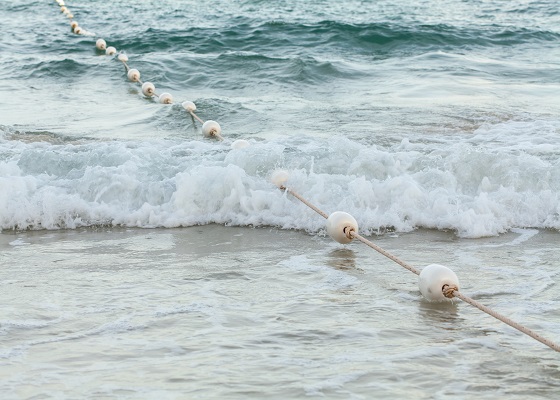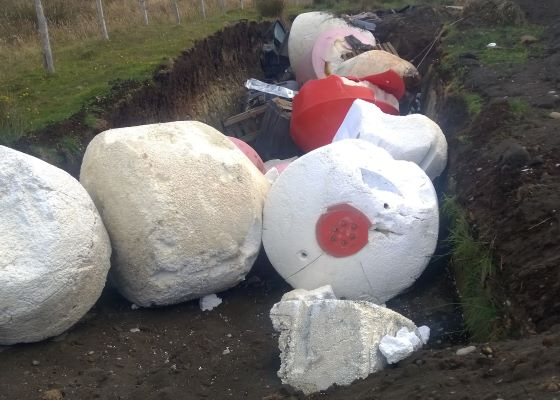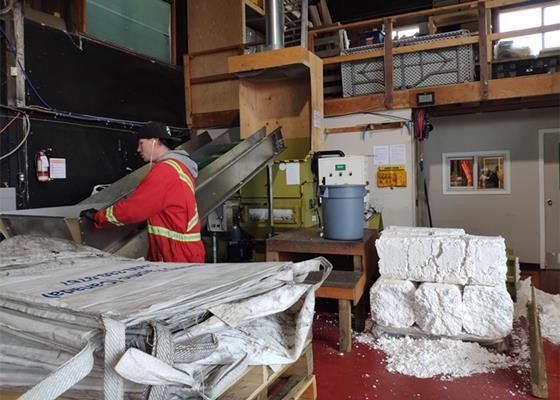Foam compactor helps save transportation costs during the recycling of buoys in Vietnam
QUẢNG NINH — In the northern province of Quảng Ninh, more than 6.85 million foam-based aquaculture floating buoys have been replaced with high-density polyethylene plastic ones, which is better for the environment and the farmers.This phenomenon is not only found in this region, but also in various regions of Vietnam. People are gradually abandoning EPS foam buoys that easily cause environmental pollution and gradually using other plastic products instead.

Coincidentally, not only in Vietnam, one of GREENMAX's customers is engaged in the salmon farming industry in Australia. In response to the call for environmental protection, he abandoned the original EPS foam buoys. But what to do with these deprecated buoys? The VietCycle Joint Stock Company, which recycles domestic scrap for free, will process the cages and buoys.The company produces solid plastic by heating, crushing, and compressing gas under pressure. This plastic is then used to make other items.VietCycle technical experts said the company moved its production line there after learning that the region wanted to recycle more than 2 million pieces of foam because transporting millions of bulky foam buoys would take a lot of effort and money.

In fact, for the recycling of EPS foam, there are already many devices that can save transportation costs. GREENMAX foam compactor has helped many companies in this field successfully recycle foam buoys. GREENMAX foam compactor is an efficient recycling equipment that integrates crushing and compression. It is precisely because of its excellent compression function that, with the help of this foam compactor, we no longer need to worry about the additional costs of transportation. The compressed foam volume becomes smaller, reducing it to one-fifth of the original volume. , if such a recycling equipment is placed at the recycling site, it will be recycled in time, which is also a major advantage of using foam compactor.

Many customers finally decide to carry out recycling projects independently, not only because foam recycling projects are profitable, but more importantly, if they place their hopes entirely on downstream recyclers, they will face the problem of untimely recycling, resulting in on-site waste inventory serious accumulation, and at the same time causing secondary pollution to the environment. Therefore, if you want to recycle more waste EPS foam, it is necessary to purchase and independently use a foam compactor to establish a recycling system. If you are interested in this or have any questions, please feel free to contact GREENMAX!
